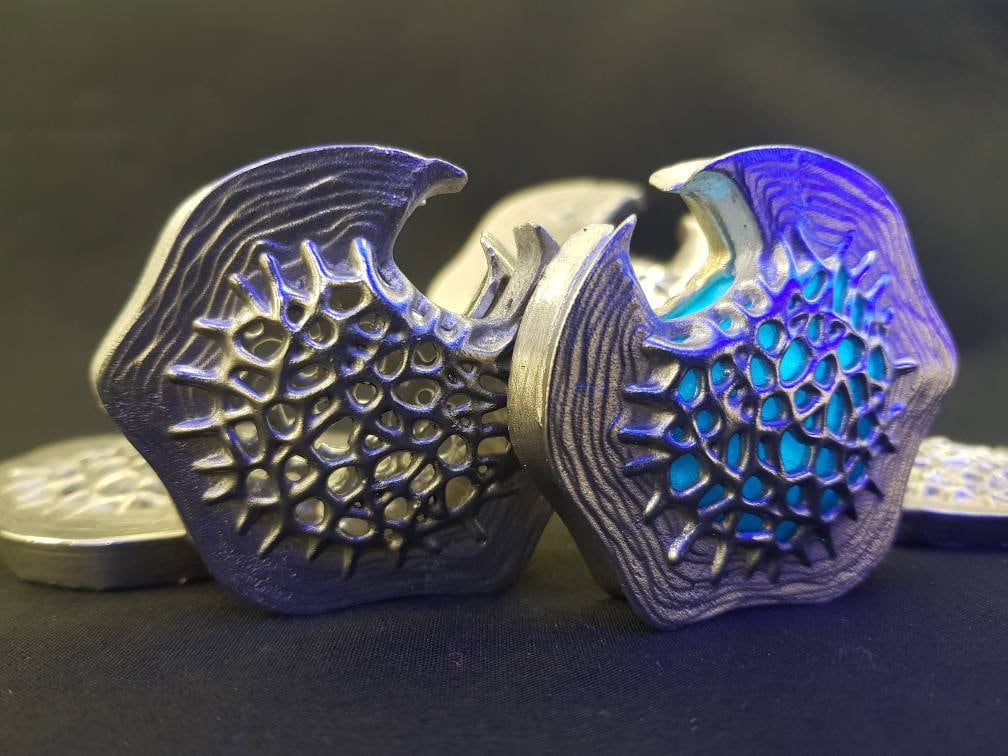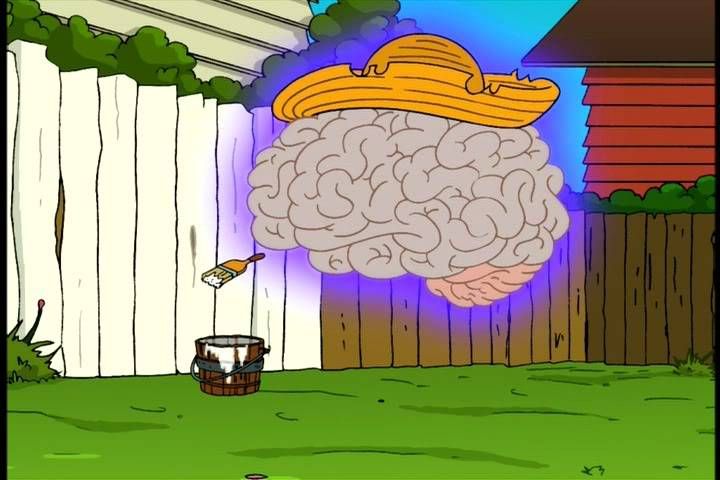Hello, folks.
I hope you’re doing splendtastically well. It’s the last analysis of the class. Kind of bittersweet if you ask me. But it’s also, I suppose, good for some of you that I won’t be allowed to post any of my top notch, professionally presented, High Quality Jokes™.
Well, it’s okay. We’re all bound to forget those amazing jokes anyways. Speaking of forgetting things…
…
Uh…hold on, give me a moment.
*pretends to look through a file that details an outline of a blog draft, even though the so-called writer never plans what to write and instead wings it*
Ah, found it. Okay, so let’s talk about memory.
I have to say, that both the movie and the episode did a great job expressing the complexity of how memory works. I want to cherrypick some small scenes that stood out to me…well, I’m kind of supposed to cherrypick scenes because…you know, assignment and all that…
Let’s start off with Marjorie Prime. I have mixed feelings towards this movie. I’m not sure how to feel towards it (oh, is that what mixed feelings mean?). In any case, if we’re talking about memories, it, undeniably, does a great job at portraying how they shift over time, and how we’re the ones that, inevitably, rewrite our own versions of how our personal histories happened. Case in point, there is a scene where Tess and Jon are talking while the latter is playing piano and drinking Scotch. Jon is talking about a student who got an A on an exam by basically saying, “I don’t feel like it” (wish this was possible in real life). Tess recalls the first time Jon told her this story by remembering the ice cream they were eating. In her memory, they were eating vanilla. Jon denies this and says it was pistachio, but Tess says, “You’re insane, it was vanilla.”
I really enjoyed how simply this scene showed that these little things such as ice cream flavors can have an effect on what you remember. Though Jon and Tess remember different ice cream flavors, they both implicitly agree that Jon had told Tess the story when they were eating ice cream. This is autobiographical memory. Perhaps Jon, in his later years, started to prefer pistachio ice cream over vanilla (which, for the record, ew), and so he rewrote the original memory with this flavor in mind. Or Tess did that with vanilla. Who knows? One thing is certain: the central idea to the memory (the story about the student) has remained the same.
It’s interesting because both of them are technically right and wrong at the same time. Sure, maybe it was vanilla, but does that make the story false? Nope. Same thing goes if the flavor was pistachio. Definitely a cool way of showing that, sometimes, there is no objective right or wrong when it comes to memory.
Star Trek, on the other hand, focused on the value of memory. I generally love seeing android characters defending their right to existence. This episode was thematically reminiscent of a video game called SOMA that tackles the same kind of idea of “are machines capable of feeling?” If you like video games, please give SOMA a chance. It will not disappoint you.
Basically, Data’s life is threatened. He is to be taken and dismantled and used in a dangerous experiment. Apparently, the researcher (whose name I have forgotten because he pissed me off with his pompousness) claims that Data will have his memories intact. However, Data says he will lose “the flavor of the moment”. He makes an example of this by sharing how he read books about chance and probability, only to lose a poker game, which is an experience he is able to cherish and attach, not only to the people around him, but also to the act of learning about something only to be shown that textbook knowledge isn’t enough. If he simply gets these memories wired into him after he gets re-assembled, it’ll be like reading through a textbook, not really adding anything to that knowledge.
I adore this analogy, because it’s like knowing something without knowing why or how you know it. I have had moments where I just simply know things without understanding how I came across that information. It happens. Maybe I picked it up at school and forgot how I did so. Now imagine if all your memories were like that. It’d be…terrible, to say the least. You’d be disconnected from everything you remember.
I, personally, would have an existential crisis. I wouldn’t feel any form of emotional attachment to the memories of me getting my first electric guitar, or coming to the United States and leaving the place I’ve called home for 16 years, or eating my first Italian pizza in Rome, or laughing with my friends. I’d just know I did these things, and any form of emotion would be gone.
The Star Trek episode really made me appreciate my memories more, both the sad and happy ones. They have all shaped me as a person, affected my thinking, brightened and darkened my days. They have a grander purpose than just them being reminders of what you have done.
Anyhow…
Hello, folks.
I hope you’re doing splendtastically well. It’s the last analysis of the class. Kind of bittersweet if you ask me.
Wait…hold on…I feel like I’ve said this already.
You know, just in case I have, I will just call it a day.
Thank you so much for reading, folks. I have enjoyed going through your blog posts and reading about your opinions and experiences.
Warmly,
Guga












